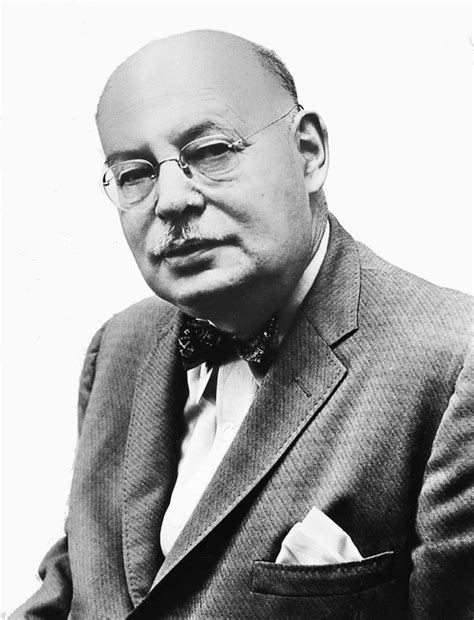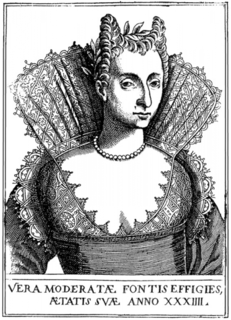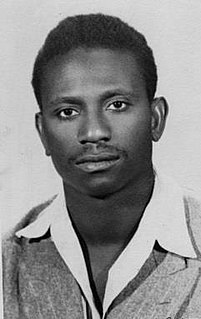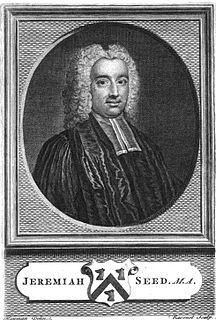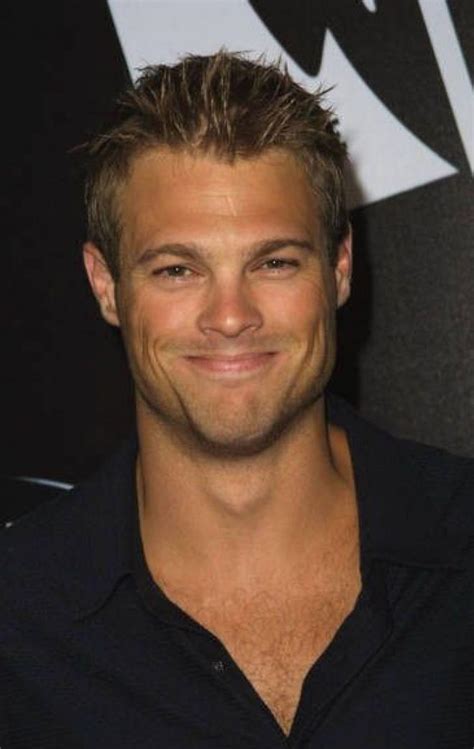A Quote by Edward Young
If we did but know how little some enjoy of the great things that they possess, there would not be much envy in the world.
Related Quotes
Envy is the most universal passion. We only pride ourselves on the qualities we possess, or think we possess; but we envy the pretensions we have, and those which we have not, and do not even wish for. We envy the greatest qualities and every trifling advantage. We envy the most ridiculous appearance or affectation of superiority. We envy folly and conceit; nay, we go so far as to envy whatever confers distinction of notoriety, even vice and infamy.
How many things would be different in everyone’s surroundings if we hadn’t lived? How a good word many have encouraged some fellow and did something to him that he did it differently and better than he would otherwise. And through him somebody else was saved. How much we contribute to each other, how powerful we each are-and don’t know it.
I know well, Monsieur, how much you have to endure in your present duty, and I ask Our Lord to strengthen you in your difficulties. It is in such circumstances that we acquire virtue; where there is no suffering, there is little merit. My wish is that God may grant us great indifference with regard to duties. O Monsieur, how sure we would then be of doing His Holy Will, which is our sole aspiration, and how much peace and contentment we would enjoy, or so it seems to me!
[M]en, though they know full well how much women are worth and how great the benefits we bring them, nonetheless seek to destroy us out of envy for our merits. It's just like the crow, when it produces white nestlings: it is so stricken by envy, knowing how black it is itself, that it kills its own offspring out of pique.
Horses don’t think the same as humans. Something that’s most unique about the horse, that I love, is not what he possesses but what he doesn’t possess. And that is greed, spite, hate, jealousy, envy, prejudice. The horse doesn’t possess any of those things. If you think about people, the least desirable people to be around usually possess some or all of those things. And the way God made the horse, he left that out.
The generation that followed did not have the same concerns; none of its members attempted to follow the example of the past generation. There was no longer anyone with the noble determination to get to know the great men of the world, or if there were some individuals consumed with this curiosity, they were few in number. From then on, there remained only vulgar minds given over to hatred, envy and discord, who took an interest only in things which did not concern them, gossip, slander, calumny of one's neighbors, all those things which are the source of the worst of our troubles.
Love rejoices in good wherever it finds it; envy is pained by good, and the sight of the happiness of others hurts the eyes and the heart of the envious man. Love wishes to give; envy would rather receive. Love creates; envy destroys. Love builds up; envy pulls down. Love helps those in need, comforts the afflicted, and strives to turn all that is evil into good; envy would turn the little happiness to be found in this world into evil, sorrow, and pain.
If only mortals would learn how great it is to possess divine grace, how beautiful, how noble, how precious. How many riches it hides within itself, how many joys and delights! No one would complain about his cross or about troubles that may happen to him, if he would come to know the scales on which they are weighed when they are distributed to men.
All I wanted to do while I was a teenager was go out and play most of the time and just enjoy life and have fun. I wasn't big into school, you know, I look back now and wish I would have spent more time studying and enjoyed it more. It's not for everyone and I didn't enjoy it that much like going to school and studying - some stuff I did but some of it I didn't. My attention span wasn't there.
Happiness is much more equally divided than some of us imagine. One man shall possess most of the materials, but little of the thing; another may possess much of the thing, but very few of the material. In this particular view of it, happiness had been beautifully compared to the man in the desert--he that gathered much had nothing over, and he that gathered little had no lack.


